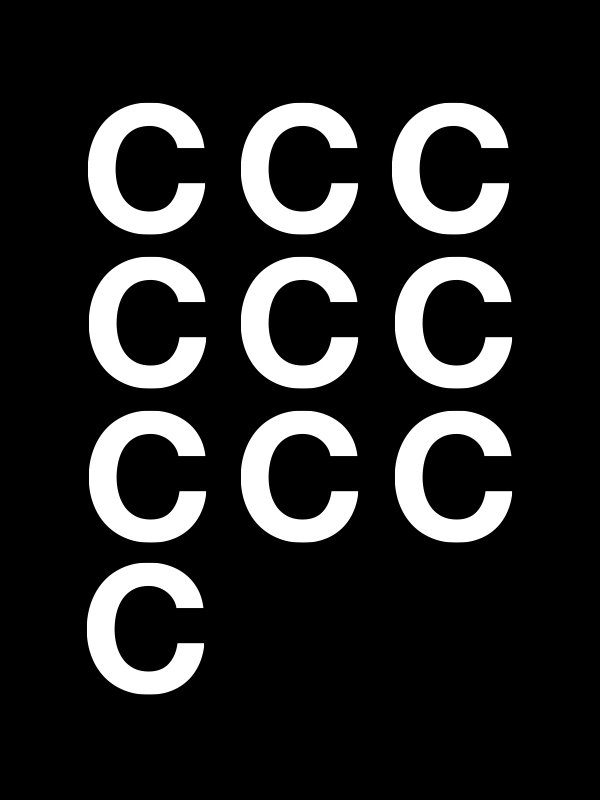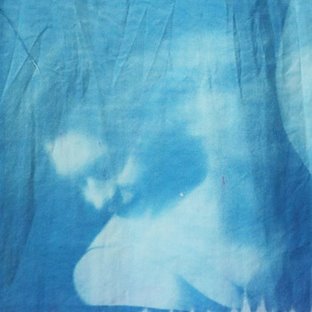CYANOTYPES (EU)
HKU is coordinator of the project CYANOTYPES: twenty European partners from the cultural and creative industries working together on a toolkit for their sector, with educational modules to teach the competencies that are the most needed in the professional field. The first pilot projects are set to take off later this year.
Anticipation skills
Many of the skills that have been identified so far are about the ability to anticipate an uncertain future. One that will see a range of new partners for cooperating on global challenges in the fields of climate, health, digitalisation and sustainability. This not only requires knowledge and resilience, but also a new way of thinking and acting. Therefore, systemic thinking, unlearning ingrained assumptions, increased awareness of the contexts, and being able to communicate a clear narrative to others, are highly prioritised.
Pilot projects
On the basis of successful models for alternative competencies, such as GreenComp for sustainable living and working, LifeComp for life-long learning, or DigComp for digital competencies, collaboration has now started on a ‘train the trainer framework’ for the creative and cultural sector. The competency profile that will emerge from that, will be tested in five different European ‘ecosystems’ for the coming five years. Over twenty pilot projects will be run to create a framework that offers both a general standard as well as sufficient room for adaptation to local needs and circumstances. The first pilot takes off this year in Utrecht Creative Community: a network of cultural and creative professionals, organisations and educators, including HKU, in the Dutch city of Utrecht.
Goal
CYANOTYPES’ eventual goal is to realise the co-creation and implementation of a training programme, with concrete international skills modules, on various VET levels (EQF level 3 to 5) and tertiary levels (EQF level 6 to 8), including a form of workplace training and micro learning for existing and newer professional profiles.
Consortium Partners

Contact
Project coordinator: David Crombie - david.crombie@hku.nl
Porject manager: Caroline van Leuven - caroline.vanleuven@hku.nl

